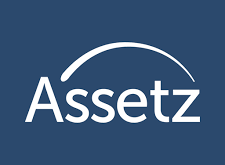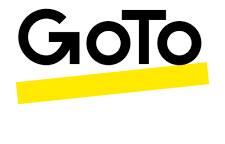Public Affairs Forum of India launches report on the state of the industry.
New Delhi, May 14, 2024: More companies in the private sector are hiring public affairs professionals, even as finding the right talent and retaining them remains a challenge, according to a report “Public Affairs in India—An Evolving Landscape”, released by the Public Affairs Forum of India (PAFI), today.
The report surveys over 60 public affairs professionals from over 50 Indian and multi-national companies operating in India. According to the report, more companies have decided to have dedicated public affairs teams in the last 15 years, coinciding with the introduction of the Pre- Legislative Consultation Policy and CSR requirements.
The study found that public affairs in India has moved significantly towards greater transparency and inclusivity. With few exceptions, the traditional liaison role has now expanded to governments in the centre and states seeking active industry collaboration, considering them vital partners.
The availability of talent continues to be an issue, with about 50 per cent of respondents reporting long, drawn-out recruitment processes of up to six months to fill a position with the right candidate for the right job. The difficulty in finding talent leads to companies using referrals and word-of-mouth as the primary source of recruitment, except for consultancies, which utilise all channels, including campus recruitment and job websites, to find generalists who can fill multiple roles.
The report also indicates that companies prefer lean-mean teams, with almost two-thirds of the respondents reporting team sizes of up to five people in 2024. On the other hand, public affairs consultancies reported having 10-member plus teams in the same period, indicating that companies may be choosing to keep some of their core activities with them while outsourcing other activities.
Almost half of the respondents flagged the lack of established frameworks and metrics to demonstrate business value. While the best way to demonstrate efficacy is by impacting policy change, it is a slow process, indicating the need for clearly defined industry-wide frameworks that can be deployed across sectors.
 Newspatrolling.com News cum Content Syndication Portal Online
Newspatrolling.com News cum Content Syndication Portal Online







